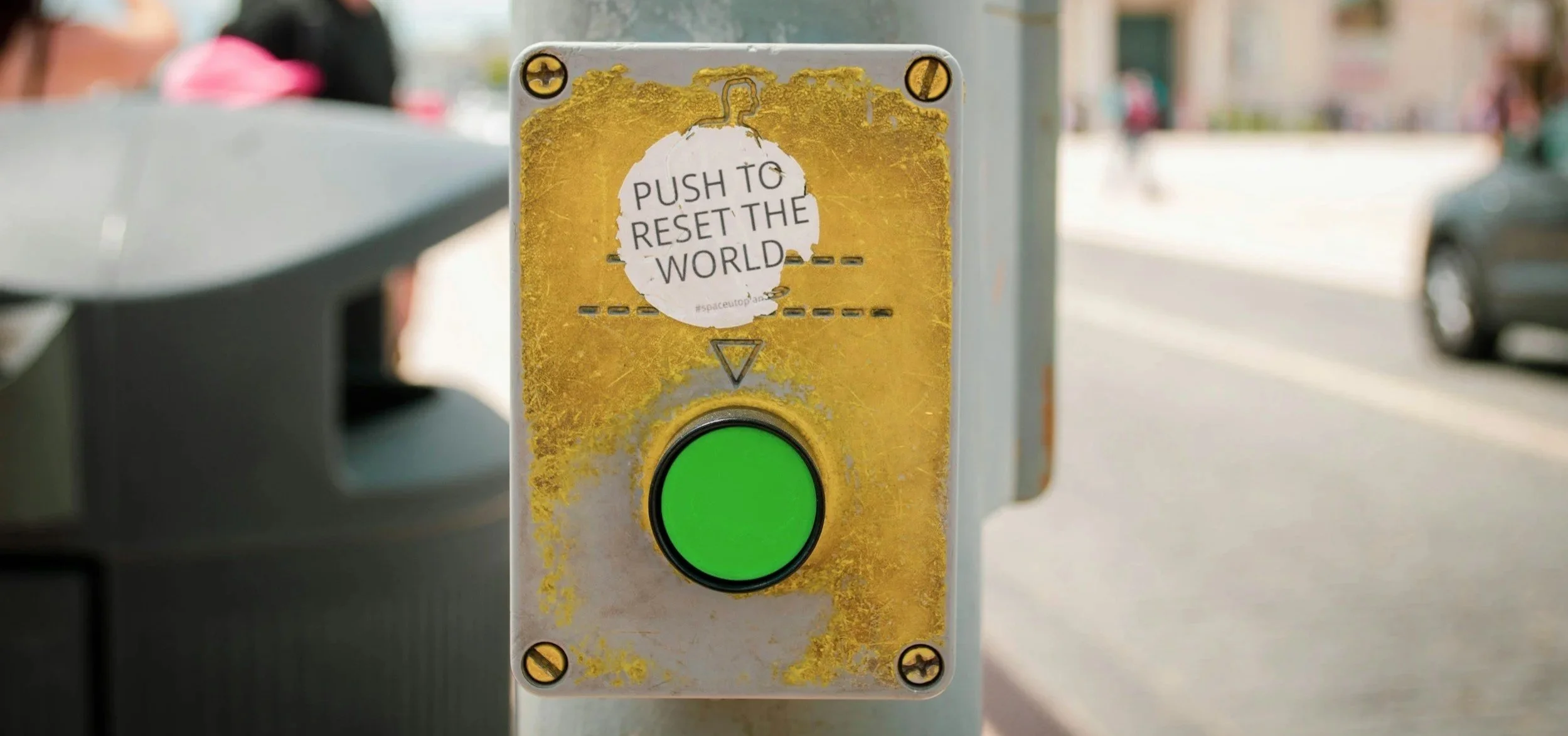Tackling Student Loan Debt
Almost all young dentists face confusing (and often conflicting) choices after graduation because of the significant amount of student loan debt they have from dental school. The average dental school graduate has more than $247,000 in student debt. That figure has risen nearly 40% since 2010.
"[Dentists have] been trained for years to focus on passing the next academic exam, completing a procedure correctly or passing a licensing exam," says Dr. Douglas Carlsen, founder of Golich Carlsen, a financial consulting firm for dentists. Carlsen retired from his own dental practice in 2004. "[Dentists] have not, in many instances, been prepared well for the real world of employment and possible business ownership," he says. "They have not been prepared for the world of consumer purchasing and financial planning."
The key, Carlsen says, is for dentists to get on solid financial footing so they can start to tackle their student loan debt. Here's how:
Make a Financial Plan
Carlsen recommends that young dentists address debt by establishing goals they want to reach within a certain deadline. Include your partner, if you have one. Factors to consider include what kind of lifestyle you want to have, how much student loan debt you have, how much savings you want to have and what kind of practice you will be a part of in the next one, five, and 10 years, he says. Identifying these parts of your life will help clarify the amount you can dedicate to paying down debt while living your life.
The goal of the financial plan is to help you keep your expenses low. By reducing your spending, Carlsen says you could dedicate 40% of net income to pay down debt. "I personally know of dentists that have paid off $400,000 in less than eight years," he says.
Free budgeting apps, such as Mint and Personal Capital, can make it easy for dentists (or anyone else) to track their spending.
Consolidate and Pay Down Student Debt
In general, dentists with good credit can consolidate and refinance their loans with a lower rate from a private lender. For example, Common Bond could save the average dentist thousands over the life of their student loans.
If qualifying for student loan refinancing at a lower interest rate is not an option immediately after dental school, Carlsen recommends consolidating federal student loans and using an income-driven repayment plan.
Remember Your Retirement Fund
You'll want to balance student loan repayment with other goals, such as retirement. Nate Wenner, a CPA and certified financial planner who specializes in working with dentists, recommends dentists set aside at least 10% of their gross income toward retirement.
"After meeting that baseline level of saving, one can look to more aggressively pay down any debt which carries an interest rate higher than what you might expect to earn by investing over the next 10 years," he says.
Good financial habits can help dentists retire early, Carlsen says. He notes that the dentists who retired at 50 he knows have these characteristics in common: They bought a home and remained in it until retirement. They have saved more than 20% of their annual net income after their student loans have been paid off. They started saving for retirement by age 35 or earlier. And finally, they paid cash for everything except their homes and practices.
Hold off on Buying a Home or Practice
Carlsen says the worst mistake he sees young dentists make is to buy a home too soon. "A young dentist should not buy a home until he or she is stabilized in their employment or practice situation," he says.
Don't rush into buying a practice, either. "I see many of the national brokers promising much higher income projections for practices for sale than what is prudent," Carlsen says. "There will be a plethora of practices for sale by baby boomer dentists in the next five to eight years. Take your time and find a practice that suits your style, not what others tell you to do."
Following these tips can help dentists pay off their student loans faster and set themselves up for an even brighter future.
This is a sponsored post from Common Bond
A version of this story was originally published in Forbes.com.










